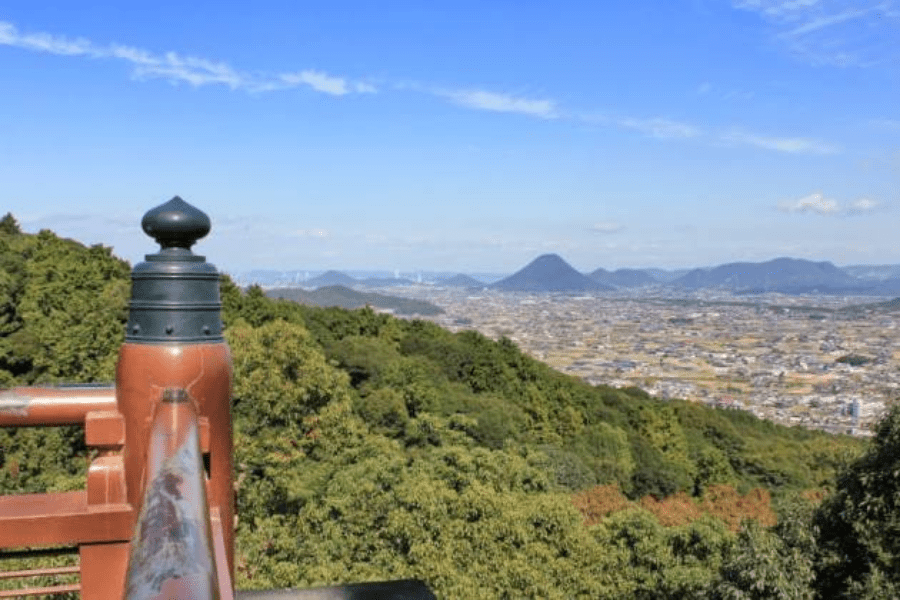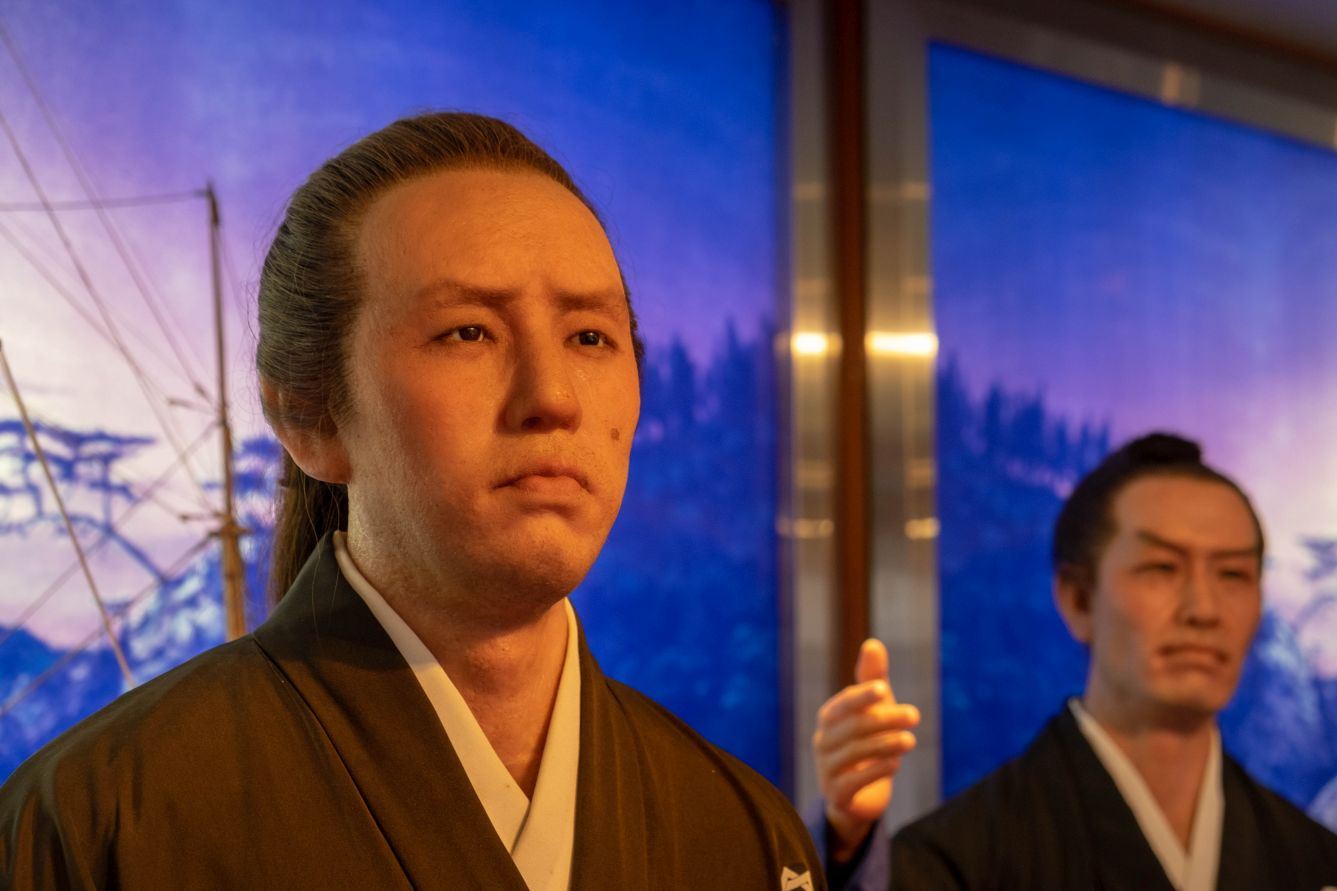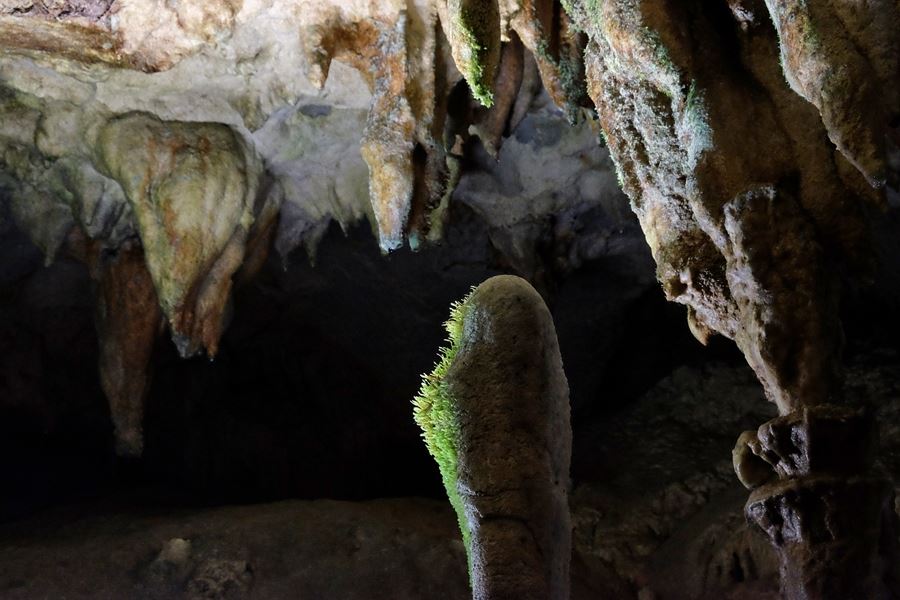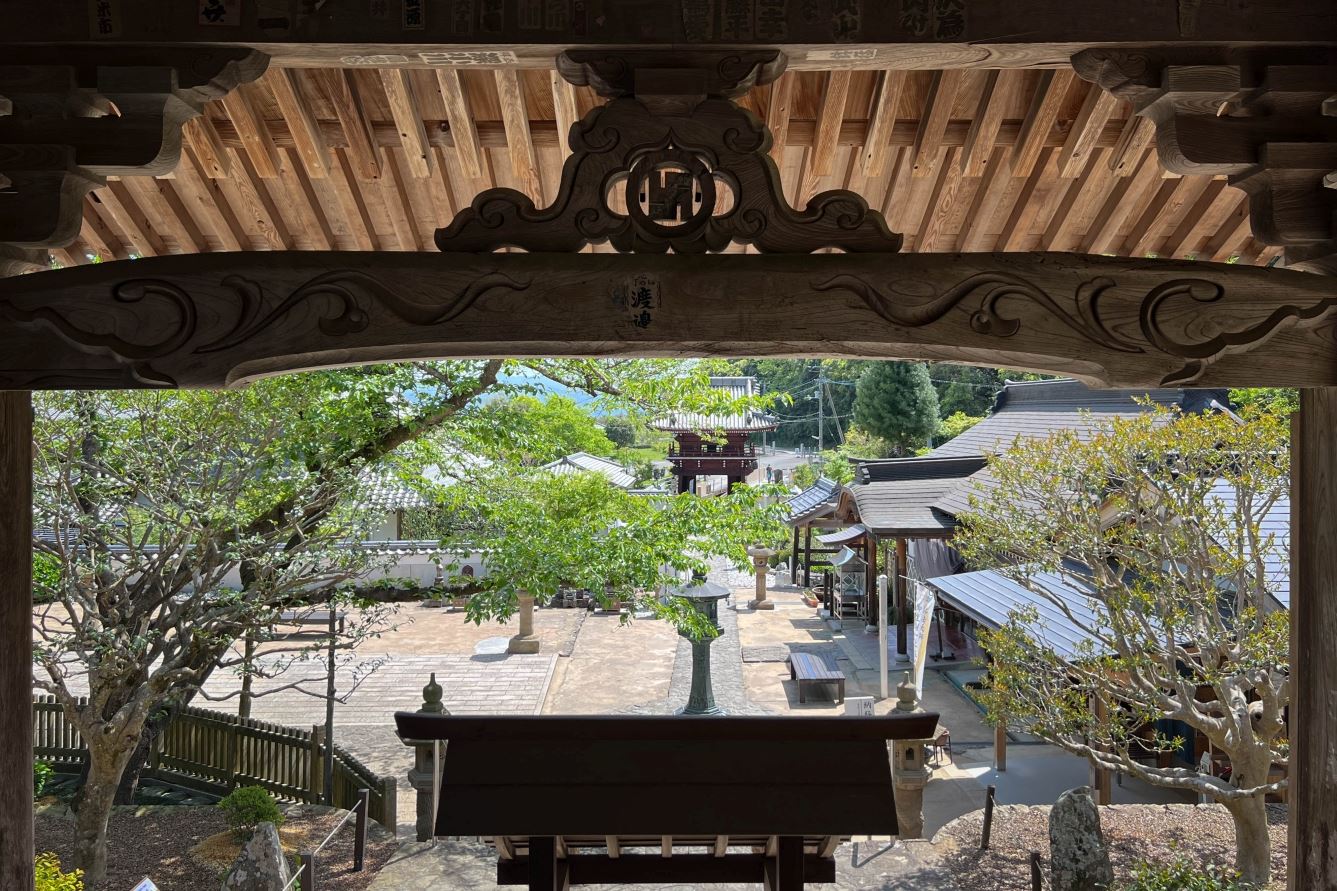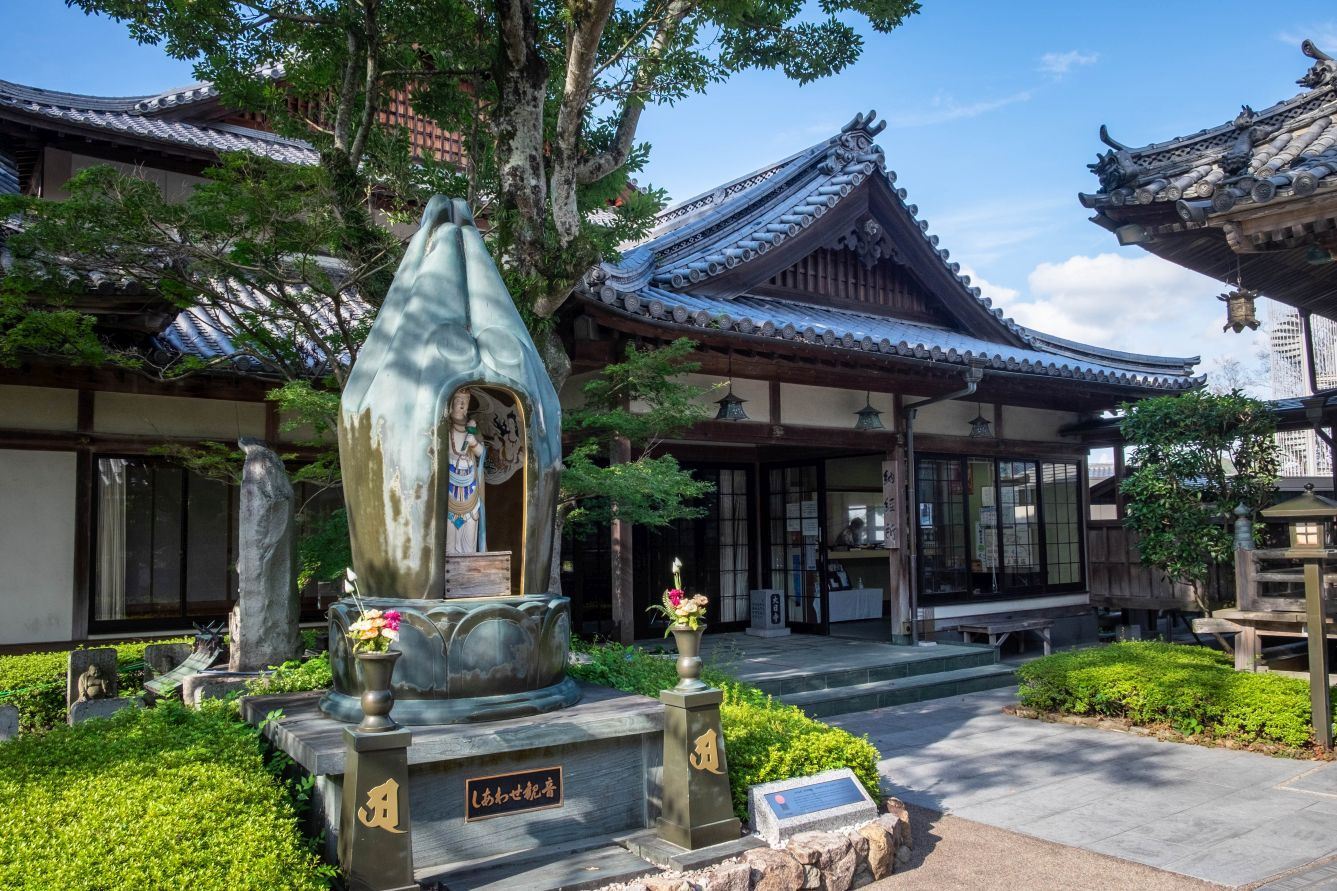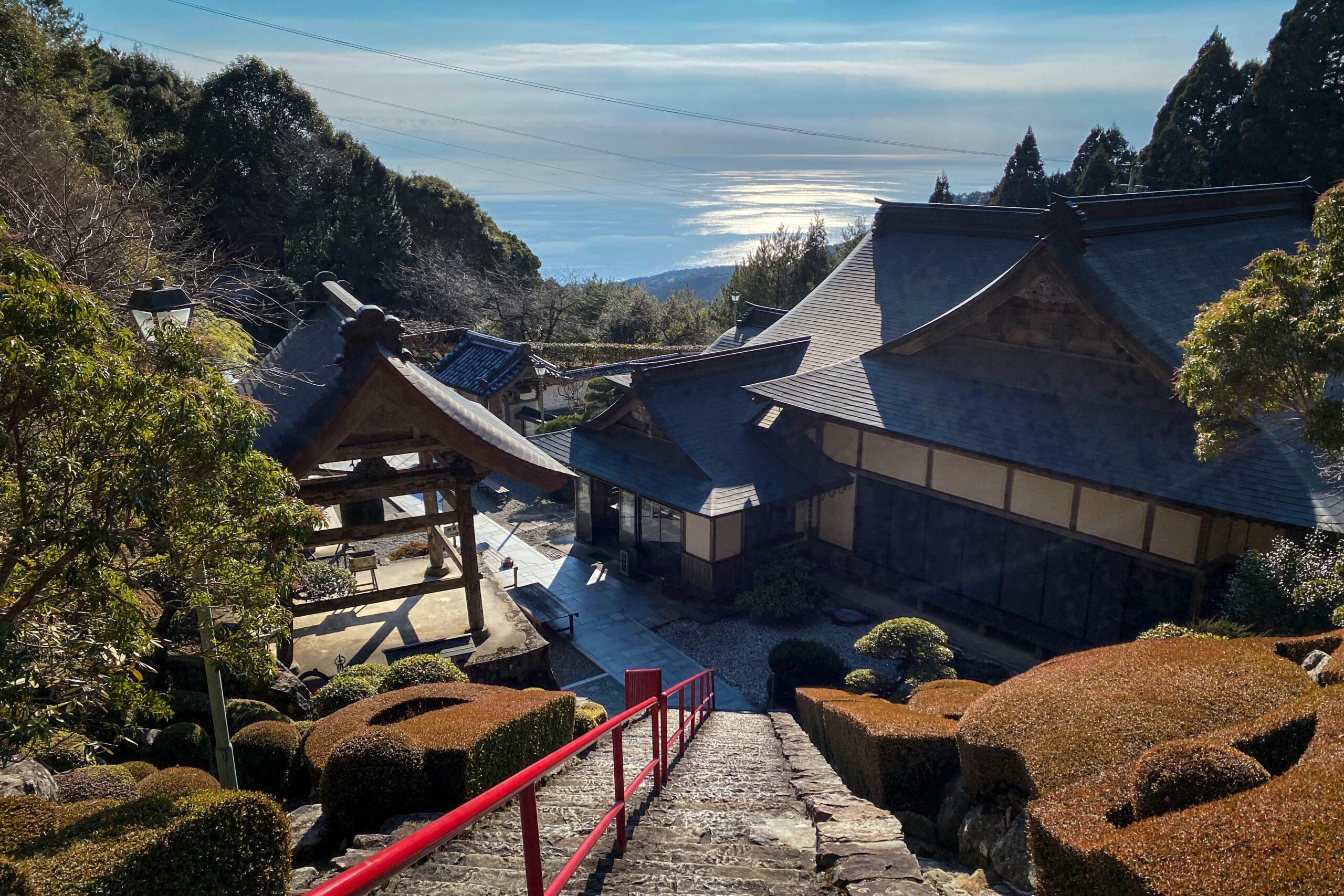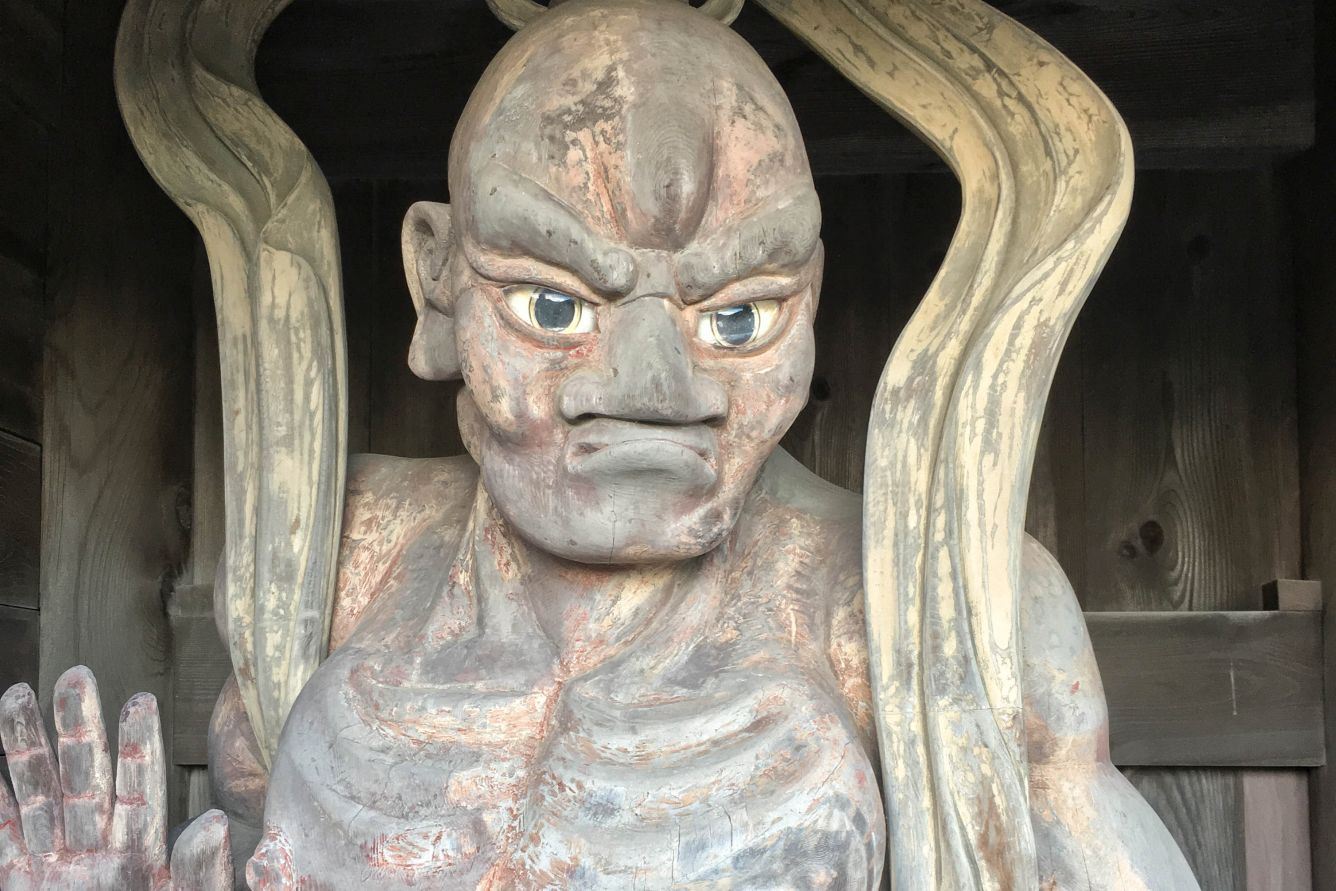Temple 28, Dainichi-ji
Home » Temple 28, Dainichi-ji
Temple 28, Dainichi-ji
Dainichi-ji is temple No. 28 on the Shikoku pilgrimage, or Henro. The temple is located on a hill with lush sub-tropical greenery, not far from the tourist attractions of Kōnan, including ACT Land, the Shikoku Automobile Museum, and the Ryūgadō Caves. It’s one of three temples with the same name on the pilgrimage, the others being Temples No. 4 and No. 13 in Tokushima.
What to see
The temple is accessed by a flight of stone steps topped by a gate. On the left is a belfry on a stone platform. The stones used around the temple are of a rough laval rock similar to those used at Kōchi Castle.
Beyond the gate is a courtyard on several levels. The Daishi Hall is to the left and the main hall is directly ahead. There’s a hexagonal Jizō Hall to the right. Behind this are the priest’s quarters and temple offices situated in a mossy garden. There’s a Guardian Deity Hall behind the main hall to the left. A Fudō Hall is located in a corner of the priest’s quarters.
A path leads eastwards through the forest to the inner sanctuary. There’s a cairn of stones that have been selected for having one or more holes, including some rather fine corals. These were offered by people who experienced miraculous cures for head ailments.
The precincts are filled with seasonal flowers. Dogwood blooms in early spring, weeping cherry blossoms around the spring equinox in March, magnolia flowers in front of the head priest’s quarters, and autumn flowering cherry and coralberry are at their peak from mid-October.
History
The temple was founded by Gyōgi, who carved the image of its deity at the request of Emperor Shōmu. After that, the temple declined until 815, when Kūkai was touring Shikoku. He carved a statue of Yakushi Nyorai on a large camphor tree, after which the temple prospered. From the late 1500s to the early 1600s, it became the official temple for the prayers of the Tosa domain, which maintained the temple buildings. The statue of Kūkai was donated by Yamauchi Tadayoshi, the second feudal lord of Tosa.
Dainichi-ji was temporarily abandoned due to the decree separating Buddhism and Shintōism issued by the new Meiji government, but the principal image was saved, and the temple was revived in 1897.
The camphor tree fell down in a strong wind at the beginning of the Meiji era, but a temple was built on the site to enshrine the sacred tree.
The Daishi Hall was renovated in 1983. The main hall was rebuilt in 1997 of cypress and pine, without using nails.
Legends
Kūkai is said to have carved the Yakushi Nyorai with his fingernails. It’s believed that a visit to this temple cures illnesses of the head and face.
Information
Name in Japanese: 大日寺
Pronunciation: dainichiji
Address: 476-1 Noichicho Bodaiji, Konan, Kochi 781-5222
Related Tours
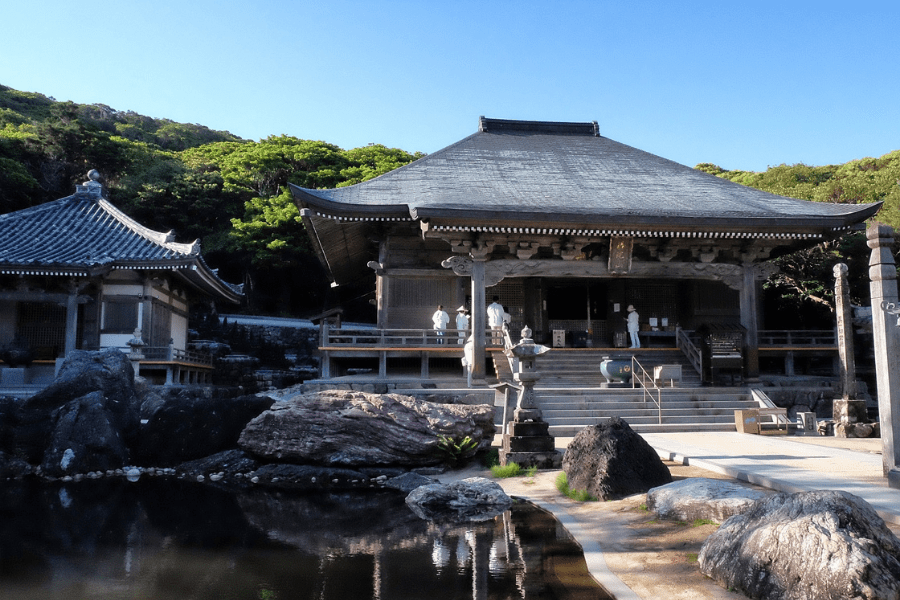
Experience the most beautiful and interesting temples of the Shikoku Pilgrimage in seven days.
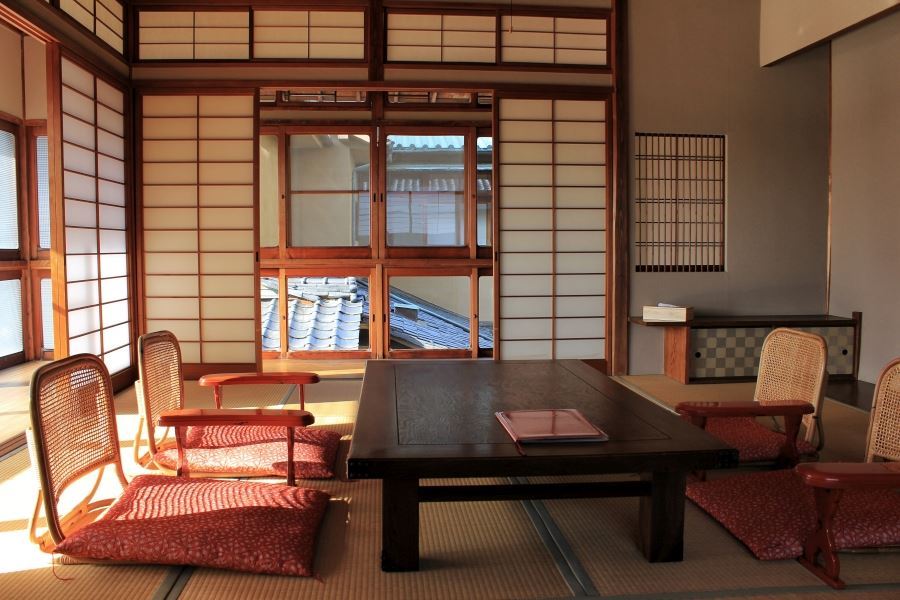
A tour for families or friends, staying in the most characterful kominka and ryokan of Shikoku.
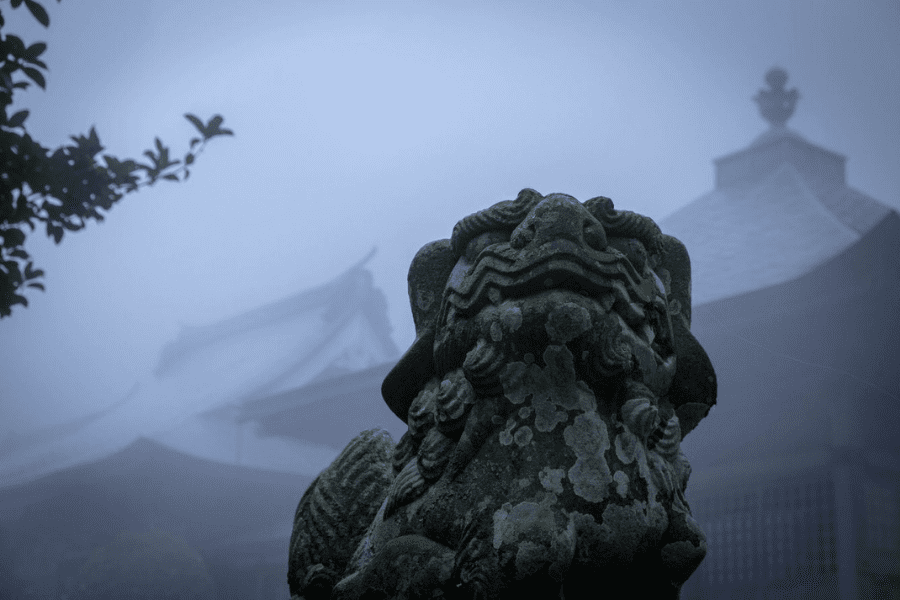
Visit the most beautiful and interesting temples of the Shikoku Pilgrimage and walk the toughest trails.
